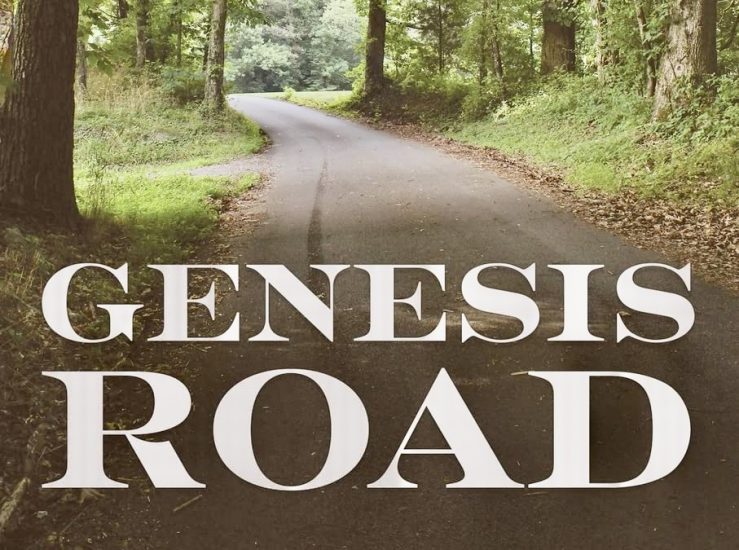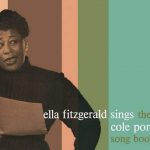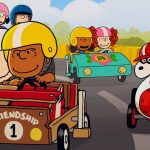‘Genesis Road’ is the Perfect Post-Roe Road Trip We All Need Right Now
Abandoned for years in a folder on her computer desktop, East Tennessee writer Susan O’Dell Underwood says the manuscript for what would become her new debut novel saved her life in the scariest days of the pandemic. “Genesis Road,” ($22.95, MadVille Publishing) is a powerful, prescient work of fiction that addresses infertility, reproductive choices, same-sex relationships, fractured families and in one of the novel’s most resonant chapters, a life-altering decision about whether to end an unplanned pregnancy.
Remarkably, it debuted in stores on June 21, the Summer Solstice, just three days before the United States Supreme Court would overturn Roe v. Wade, a decision that instantly upended the lives of millions of American women.
If timing Is everything, then Underwood’s brilliantly flawed and fabulous protagonist Glenna Jean Daniels is the Appalachian social worker heroine we all need to spend summer vacation with right now. Thankfully, readers get to experience precisely that. After a family tragedy uproots Glenna’s life at age 36, she embarks on a 9,000-mile road trip with her high school best friend, Carey, a grieving gay college professor who long ago fled rural Tennessee for the LGBTQ metropolis of Atlanta. In its starred review, Kirkus praises, “Underwood is a first-rate writer…with a poet’s love for words. A luminous tale of friendship.”
“Genesis Road” is set in the summer of 1998, a simpler, smart phone-free era filled with pay phones, video stores and the freedom to engage in emotional goodbyes at airport departure gates. And like any memorable road trip, the novel offers readers an opportunity to take in new sights, engage in deep, thoughtful conversations and occasionally grasp for the passenger door handle as unexpected hairpin turns threaten to batter your baggage in the backseat. And while technically, it’s not one of those frothy novels with the candy-colored covers that routinely fill “Women’s Fiction” bookstore sections this time of year, “Genesis Road” reads like a novel Sonia Sotomayor might stash in her beach bag for a post-SCOTUS session summer getaway with girlfriends.

On Tuesday, July 5 at 5:30 p.m., A Cappella Books will host a reading and book signing with Susan O’Dell Underwood at Manuel’s Tavern in Atlanta. The following is an edited Eldredge ATL Q&A with the poet, novelist and Carson-Newman University creative writing professor.
Q: “Genesis Road” feels like a salve for many of us right now. Your characters are grappling with reproductive choices, loss, fractured families and a pivotal decision at an abortion clinic. There’s even a flashback to the 1973 televised Watergate hearings that gripped the country. What was going through your mind as you debuted this book in the same news cycle as the SCOTUS decision?
A: I’m sort of speechless just thinking about it. I joked with so many friends while I was writing this book and I used words like ‘gestating’ and birthing’ to describe the process. It wasn’t just because It was a book about fertility. It really felt so personal and private to me. When I found out it was being published, I went back through it and I remember being worried because it’s such a woman’s book. I was worried men wouldn’t like it. My heart is broken after last week’s decision. Women’s rights were hanging by such a thread. I’ve never felt such a kinship with the Black community, with Black Lives Matter, with the LGBT community. I feel viscerally connected to those other communities now. That was the only good thing that came out of something so horrifying and terrible. It’s a good thing to feel that solidarity. I was 10 when Roe was decided. I remember this sigh of relief I felt from the women in my family that I was going to grow into a teenager with these protections in place. And now they’re gone, taken away in an instant, taken away in a regular average morning. To have this great joy in my life right now, this wonder that my book is out? It feels like an ugly synchronicity to release my book as Roe is taken from us. I hope it reaches people. I hope it heals people.
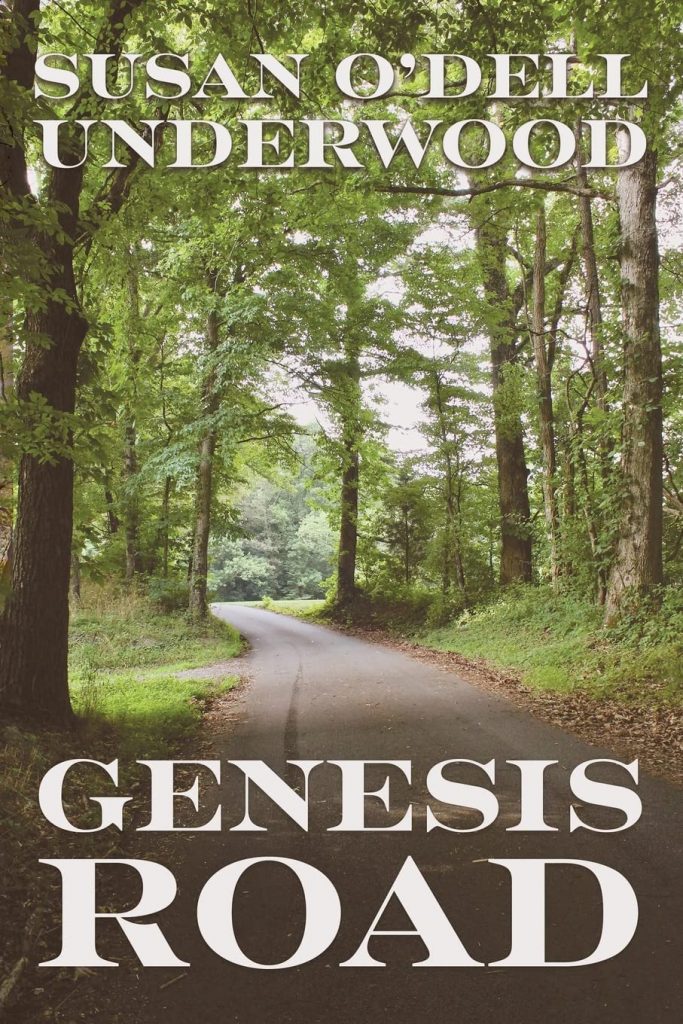
Q: How did your protagonist, this fierce and very flawed Glenna Jean Daniels emerge on the page for you?
A: I have a really close friend from Newport, Tennessee where Glenna is from, who is a social worker. Some of the stories she told me about the abuse she endured as a kid that ultimately led her to her career inspired Glenna. Her tenacity as a woman who wanted to ease the suffering in her community and who, like me, has stayed in Appalachia, informed some of what Glenna became. Glenna is also a combination of those really strong women I’ve known — my mother’s hairdresser, my own mother, so many women just kind of surfaced for me, out of a lake of sorts. It wasn’t something as mysterious as having muses, but Glenna represents a lot of the women in my life who taught me to be brave. It became really important to speak some of the really vibrant truths of womens’ lives I’ve seen.
Q: How did the pandemic change the creative trajectory of “Genesis Road”?
A: I hate to say this, but my husband [visual artist and art professor David Underwood] and I thrived during the pandemic. It was a really sad and heartbreaking thriving because we were, like a lot of people, scared. When the summer of 2020 arrived, I was in an emotional tailspin. I hadn’t even opened the “Genesis Road” file in eight years. I was busy writing poetry and had sent the book out many times over the years to publishers and had just chalked it up as something in the past. But that summer, I found myself working on it eight, nine hours a day. I worked intensely on it. And because I had been away from it for so long, I was able to be really objective about it. I sliced and diced and hammered away at it. It ended up being really fruitful.
The community of Appalachian writers could not be more galvanized. I don’t know that we owe a thanks to [“Hillbilly Elegy” author] J.D. Vance for lighting a fire under us but, somehow, we all felt a need to protest. To wave our arms and say, “We’ve been here for years, dude.” We’ve been living here and teaching here all along. There’s no elegy you need to write.
Susan O’Dell Underwood
Q: This novel, set in 1998, sat on your computer untouched for years but is so prescient in 2022. For example, there’s a scene with Carey and Glenna where Carey offhandedly says, “Women totally have more power over their bodies now. They have birth control, they have legal abortion.” And Glenna replies, “Not for long, if some joker gets in the White House.” As the students in your classroom might phrase it, that hits differently right now, doesn’t it?
A: [pauses] I had absolutely forgotten that. Wow. It does, doesn’t it? I guess I was more afraid of that happening than I thought. I’d have to go back to my rough draft and check, but I think that was in the original draft. I think that’s my subconscious talking right there. Like most women, I think I was aware that, until we codify Roe, this will all continue. Legislation is the best way to solve this. The Supreme Court isn’t a place to legislate. I wrote the first drafts of this in 1999 and 2001 and this is definitely a work of fiction where the characters speak their own minds. But that passage you just read sounds like my own fear coming out.

Q: The heart of this book is a summer road trip with two best friends. Readers are transported 9,000 miles from Graceland in Memphis to the Space Needle in Seattle and Wyoming’s Yellowstone. How did your own love of travel and of national parks inform the immense amount of research and detail in the novel?
A: The road trip Glenna and Carey go on is the consolidation of four different driving trips [husband] Dave and I took. We would hit different paths I wanted to be in the book. We took our very first driving trip in 1994. At the end of that trip, I knew I wanted to take a fictional character on that trip as a way to rethink and re-see her life because that’s what happened to me. A lot of people would not get into a car with their spouse and drive 9,000 miles. My cousin lived in San Francisco at the time and I remember just collapsing when we got there, kind of like what Glenna and Carey do. It was such a relief to not have to talk to strangers on a trail or in a hotel. Being on the road like that is both a luxury and a horror! [laughs]. You have to face some demons. When we went to Chinatown in San Francisco for the first time, I remember looking at Dave because we were the only white people there. It felt healthy. I remember thinking, “This is America.” I’m at my most patriotic whenever we’re at a national park. I hope through this book, I can give readers the gift of that journey.
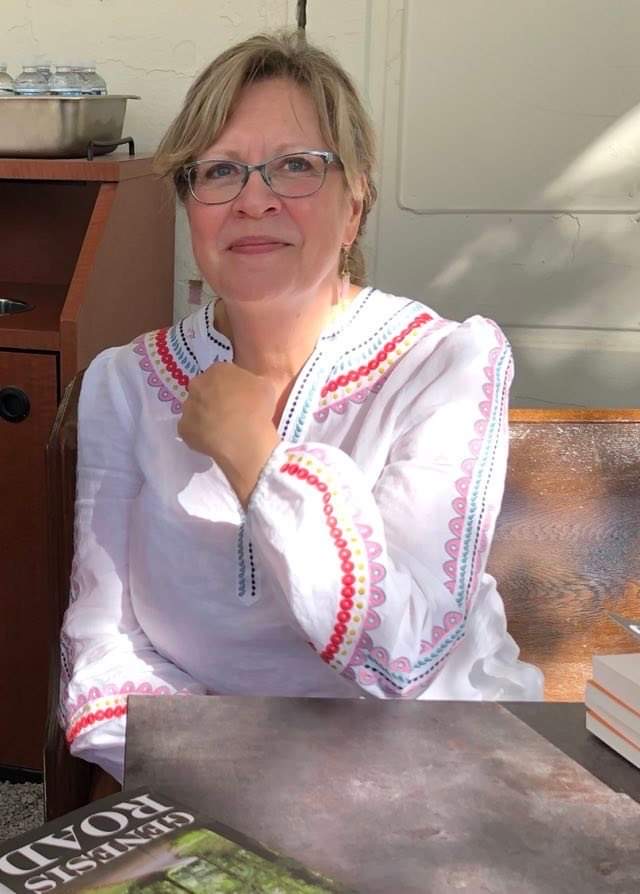
Q: You are part of a creative community of Appalachian writers and poets who are actively changing the narrative of your region, the “Hillbilly Elegy” stereotypes of the region. How important is it for you both as a writer to tell these new stories and as a creative writing professor, to inspire your students to break this new creative ground?
A: It’s the most important thing in my life, the teaching. At my book launch in Knoxville, I had seven former students in attendance. I don’t have to worry about whether or not this novel takes off. I’ve won. I’ve lived my life in the classroom. I looked around that room and most of those students are able to live here and work as writers or at a college. I’m a proud mother to these kids. I’m so grateful these students not only changed my life but now they’re changing the face of this region. The community of Appalachian writers could not be more galvanized. I don’t know that we owe a thanks to [“Hillbilly Elegy” author] J.D. Vance for lighting a fire under us but, somehow, we all felt a need to protest. To wave our arms and say, “We’ve been here for years, dude.” We’ve been living here and teaching here all along. There’s no elegy you need to write. We’re a burgeoning community here. Now, Appalachian literature is such a booming industry, I can’t read all of the books coming out every month. New stories, Native American stories, especially. Back when I was a college student here, we used to ask our professors, “how do we create a readership?” A lot of those professors have now passed away. I wish they could see how many readers there are now. My hope is that people begin to view Appalachian literature as American literature. There’s a lot to celebrate.
Q: Readers, whether they’re women, LGBT people or Southerners will no doubt see themselves reflected in the pages of “Genesis Road.” For people picking up this novel, in this moment, in this complicated summer of 2022, what do you hope the novel conveys to them?
A: My hope is to bring empathy. Whatever people feel for the characters on the page, please try and go out into the world and have a little empathy. It is so hard to love people right now. We are supposed to love the people most different from us, not just mirror images of ourselves. We all need to do some listening right now. If you can read a book as long as mine, you can listen. It’s the only way we’re going to heal this country.
Susan O’Dell Underwood will read from and sign copies of her debut novel “Genesis Road” at Manuel’s Tavern on Tuesday, July 5 from 5:30 to 7:30 pm. For more information on Underwood’s books and collections of poetry, visit her official author page.

Richard L. Eldredge is the founder and editor in chief of Eldredge ATL. As a reporter for the Atlanta Journal-Constitution and Atlanta magazine, he has covered Atlanta since 1990.

